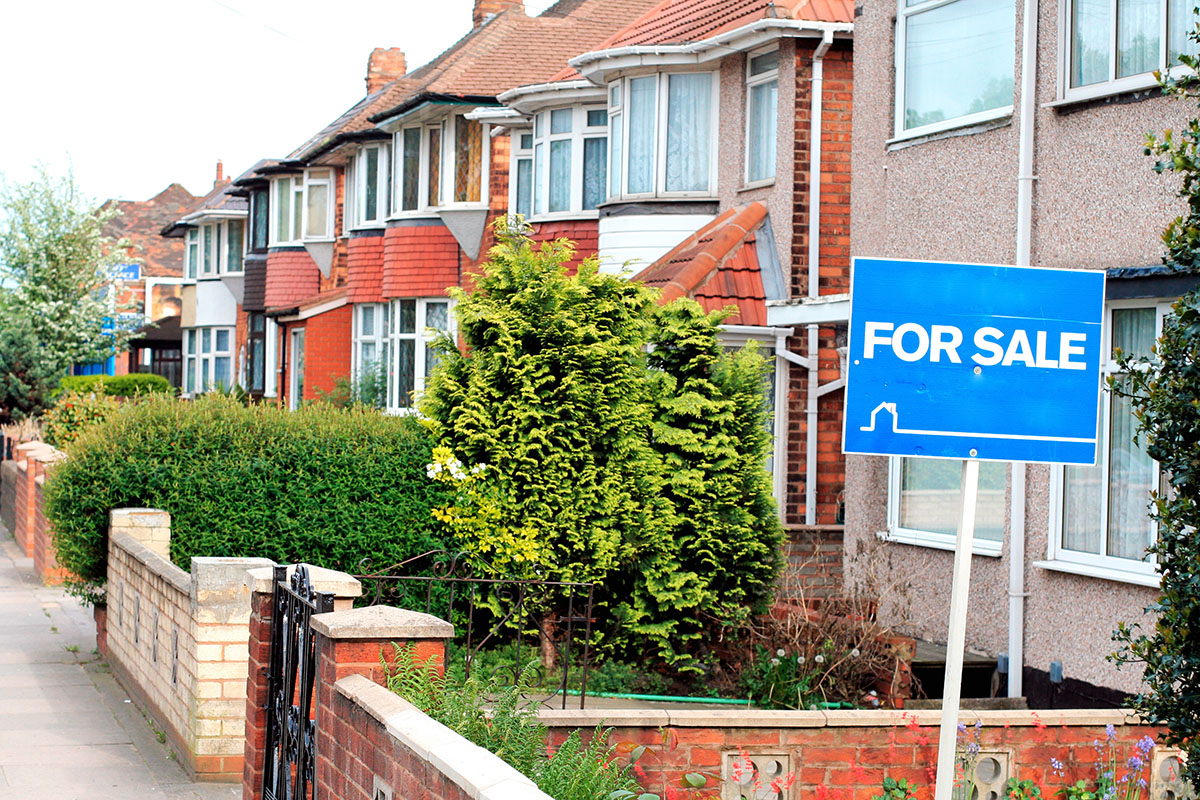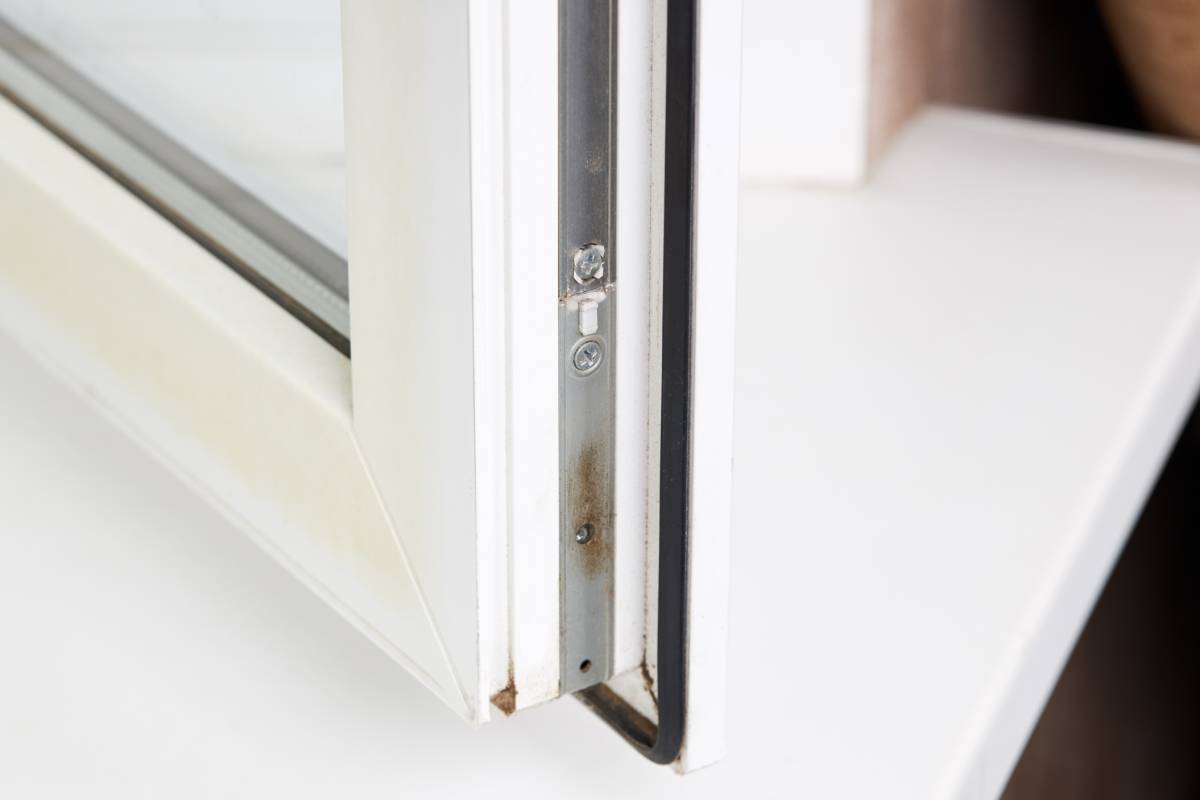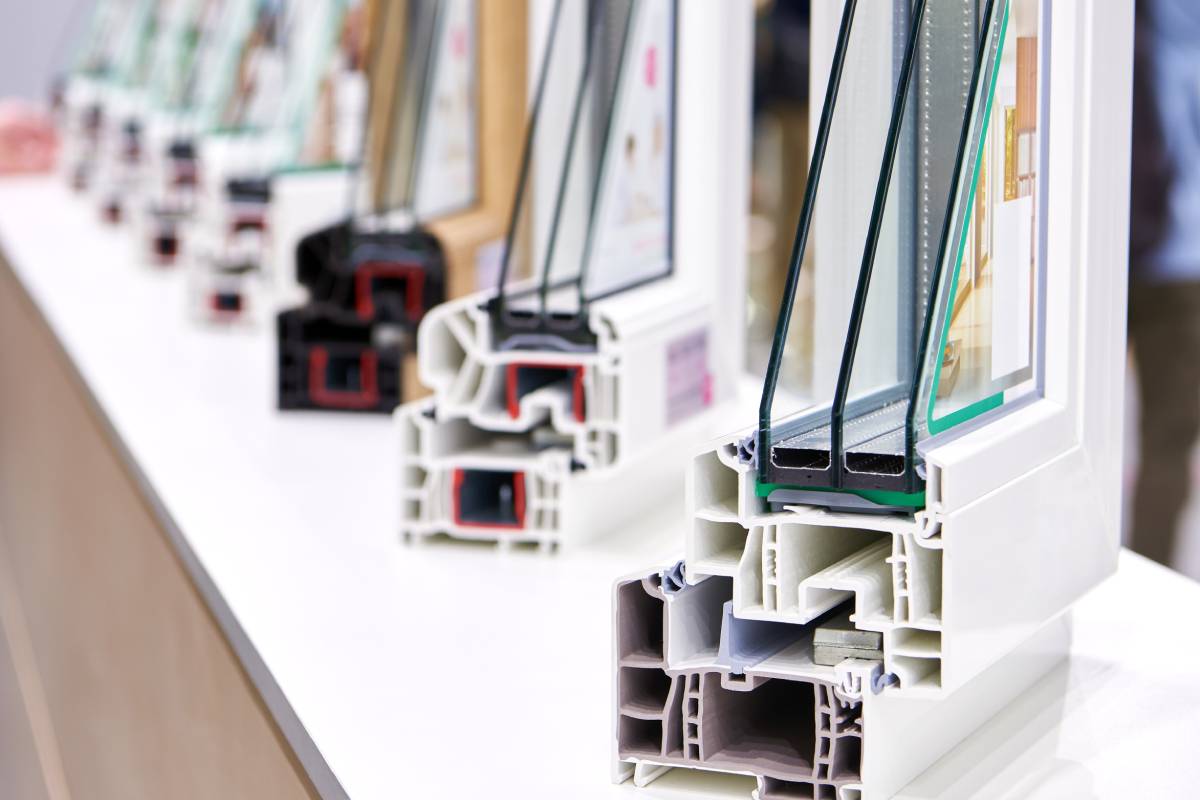If you’re feeling a chill near your windows, even with the heating on, you’re not…
Selling Your Home

When deciding to sell your home, a long process of considerations must begin. You must consider the best time of year to sell. Most commonly, this is the spring and summer. You must consider whether your home is in the best possible condition; perhaps a new lick of paint is in order, or finishing off a garden renovation before listing your house on the market.
There is, however, another consideration that has become vitally important over recent years: you will have to ask yourself how energy efficient your home is. As awareness of the impact of climate change grows, house buyers will now examine a potential home for energy efficiency when evaluating whether they wish to purchase it.
The key metric: Energy Performance Certificates
Energy Performance Certificates have become the quickest and easiest way for house buyers to understand how energy efficient a house is. Energy Performance Certificates (EPCs) place a house into one of one of seven bands: A through to G. An “A” rating means a house is highly energy efficient. A “G” means that a house is considered to be of great concern. In fact, landlords are not allowed to offer a property for rent with an F or G rating, so good EPC banding is being more and more accepted as the gold standard for energy efficiency.
EPCs evaluate a house for its potential running costs, as well as providing guidance to buyers as to the cost of upgrading in future.
Do EPCs matter to buyers?
Research has indicated that the answer to this question is a definitive “yes”. For example, an upgrade to the Energy Performance Certificate of your home from Band D to Band B can add £16,000 to a house price. The benefits of this improved energy performance don’t end there, either; a house is also more likely to sell quickly with this kind of improvement in EPC band.
The evidence, therefore, is clear: when considering updating and improving your home to ready it for sale, considering energy efficiency improving measures is vital.
What can you do to upgrade an EPC?
Thankfully, there are a number of measures you can take in an effort to improve the banding your house receives on its EPC.
Arguably the most important aspect of your home, in regards to your EPC, is your windows. If you have old windows, or modern windows in poor condition, then new windows are an essential investment prior to selling your home. Windows are a huge source of energy loss in a home. In fact, the Energy Saving Trust believes 20% of the heat lost from a home is via the windows. As a result, an upgrade in this area could see your EPC banding improved substantially.
Other measures to consider include upgrading your insulation and potentially replacing an outdated boiler. However, the efficacy of these in terms of improving your EPC will always be severely limited if you fail to address any issues with your windows. It is all well and good being able to create heat in your home with an outstanding boiler. It’s great to retain some of that heat with good insulation, but these measures will always be severely hampered by ill-fitting windows.
In conclusion
EPCs are incredibly important to those looking to purchase a new home. If you intend to sell in the near future, it is vital that you secure the highest possible EPC rating. To achieve this, we at Colne Valley Windows recommend a number of measures. Arguably the most important of these is to replace old, damaged, or otherwise ineffective windows. With new windows, your house will be able to secure the EPC rating it deserves.



